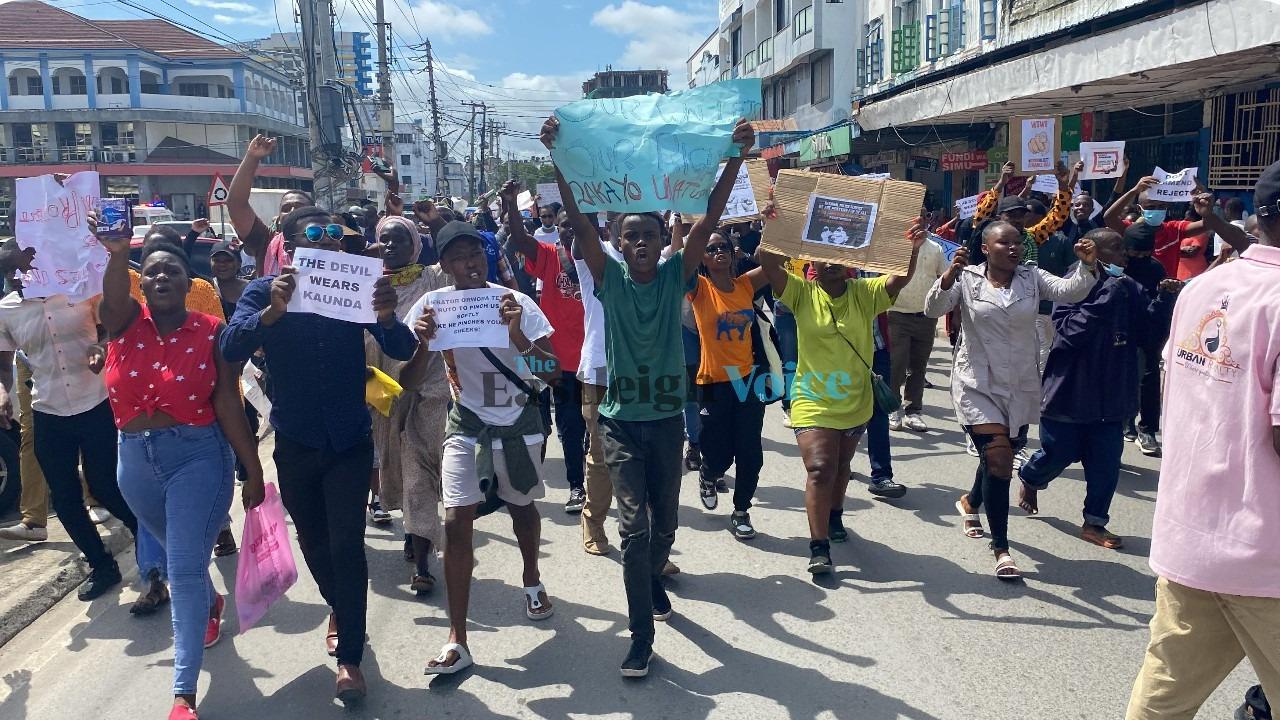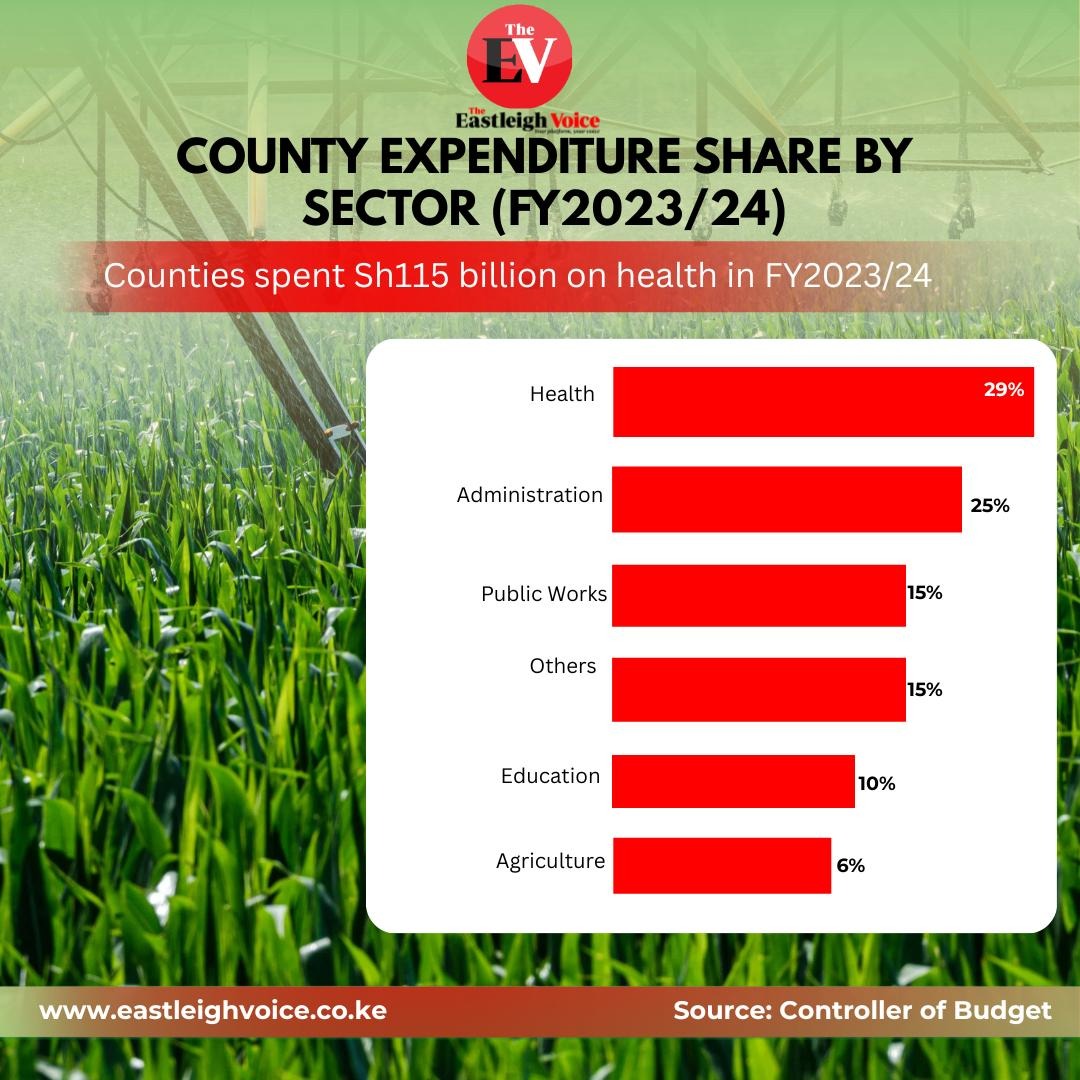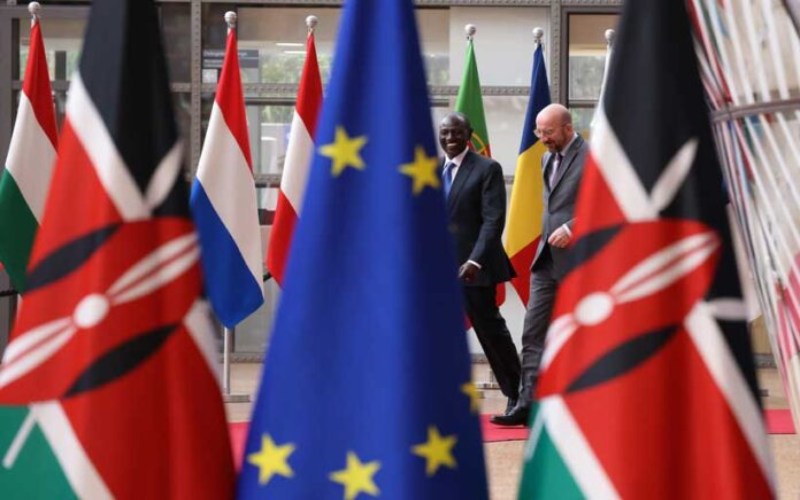Opinion: Gen Zs have spoken; let’s now build an inclusive nation

It is crucial for Gen Zs not to allow their movement to be hijacked by selfish politicians or individuals with ulterior motives. The government has acknowledged their unity and
Throughout much of this week and last week, Kenya has been the epicentre of protests, predominantly driven by Gen Zs. The demonstrations showcased how Kenyans have united, transcending tribal lines and demonstrating fearlessness in holding the government accountable.
The protests were sparked by proposed tax hikes, culminating in a week of deadly unrest. Tragically, several people lost their lives. Despite the violence, the protests succeeded in their primary objective: the rejection of the Finance Bill 2024.
More To Read
- Ruto defends ‘shoot-to-leg’ order amid outcry, cites public safety
- Justice overdue for 2023 anti-govt protest abuses across Kenya
- KNHCR calls for sanctions against Interior Ministry, Police IG over GenZ protest abuses
- Every eligible entity must contribute to Kenya’s tax revenue - Ruto
- Lupita Nyong'o expresses concern over crackdown on anti-govt protests, likens tactics to Moi's regime
- DCI recommends charges against 5 politicians accused of funding anti-govt protests
Initially, President William Ruto's administration underestimated the tenacity of the Gen Z protesters but ultimately conceded to their demands. President Ruto declined to assent to the Bill and referred it for reconsideration by the National Assembly with a recommendation for the deletion of all the clauses thereof.
While the primary aim of the protests was to reject the Bill, some radicals escalated the situation by setting properties on fire, including parts of Parliament Buildings, City Hall, and several vehicles, among them a police lorry.
Despite these bad elements, the actions of Gen Z were largely commendable. However, lacking a formal leadership structure, protest supporters were divided on the next steps after achieving their main goal.
On Thursday, security forces, including fully armed military personnel, patrolled and blocked roads leading to State House. Although Thursday's protests were not as widespread as Tuesday's, the police still used tear gas to disperse crowds. Fortunately, there were no immediate reports of live ammunition being used again.
Organisers adopted a more cautious approach, urging protesters to remain peaceful to avoid further bloodshed. Human rights groups reported that at least 23 people were killed and around 300 wounded on Tuesday.
Now, having achieved their primary goal, the critical question is what comes next. It is crucial for Gen Z not to allow their movement to be hijacked by selfish politicians or individuals with ulterior motives. The government has acknowledged their unity and demands, and it is now time to allow the government to implement a fair Bill that does not burden already struggling citizens.
Further escalation, such as occupying the State House, is unnecessary at this point. What we need is for the government to initiate dialogue with Gen Z and communicate openly the next steps, without attempting to buy time as this will frustrate Kenyans even more bearing in mind they already have no trust with the president.
We must learn from other African countries like Libya, Egypt, Sudan, and Zimbabwe. In these nations, revolutions, despite noble intentions, have often been co-opted by military forces, leading to worse conditions. These revolutions typically follow a pattern: a popular uprising, military intervention, and then military rule that abandons revolutionary ideals, resulting in a cycle of instability and repression which often results in increased corruption, economic mismanagement, and deteriorating conditions.
In Kenya, where tribal politics are deeply ingrained, it's crucial to recognise the challenges of avoiding the hijacking of movements by self-serving politicians. Despite the impromptu and impassioned unity shown by Gen Z during the recent protests, it's important to remember that successful revolutions often face a critical juncture. Insisting on prolonged protests after the government has yielded to pressure carries risks.
It's essential to focus on preserving stability and ensuring that any further actions are pursued through democratic and inclusive processes. This approach is vital to prevent the country from descending into a cycle of instability and authoritarianism, which could exacerbate corruption, and economic mismanagement, and worsen living conditions for its citizens.
To avoid inadvertently triggering a cycle of instability, it is imperative that we focus on ensuring the government enacts appropriate and fair legislation. This involves maintaining a delicate balance: addressing the people's concerns and needs while steering clear of actions that could destabilise the country.
It is crucial for the government to act with transparency, accountability, and sensitivity to the socio-economic challenges facing its citizens, especially the youth. By doing so, we can foster a more stable and prosperous future for all Kenyans.
Top Stories Today











































